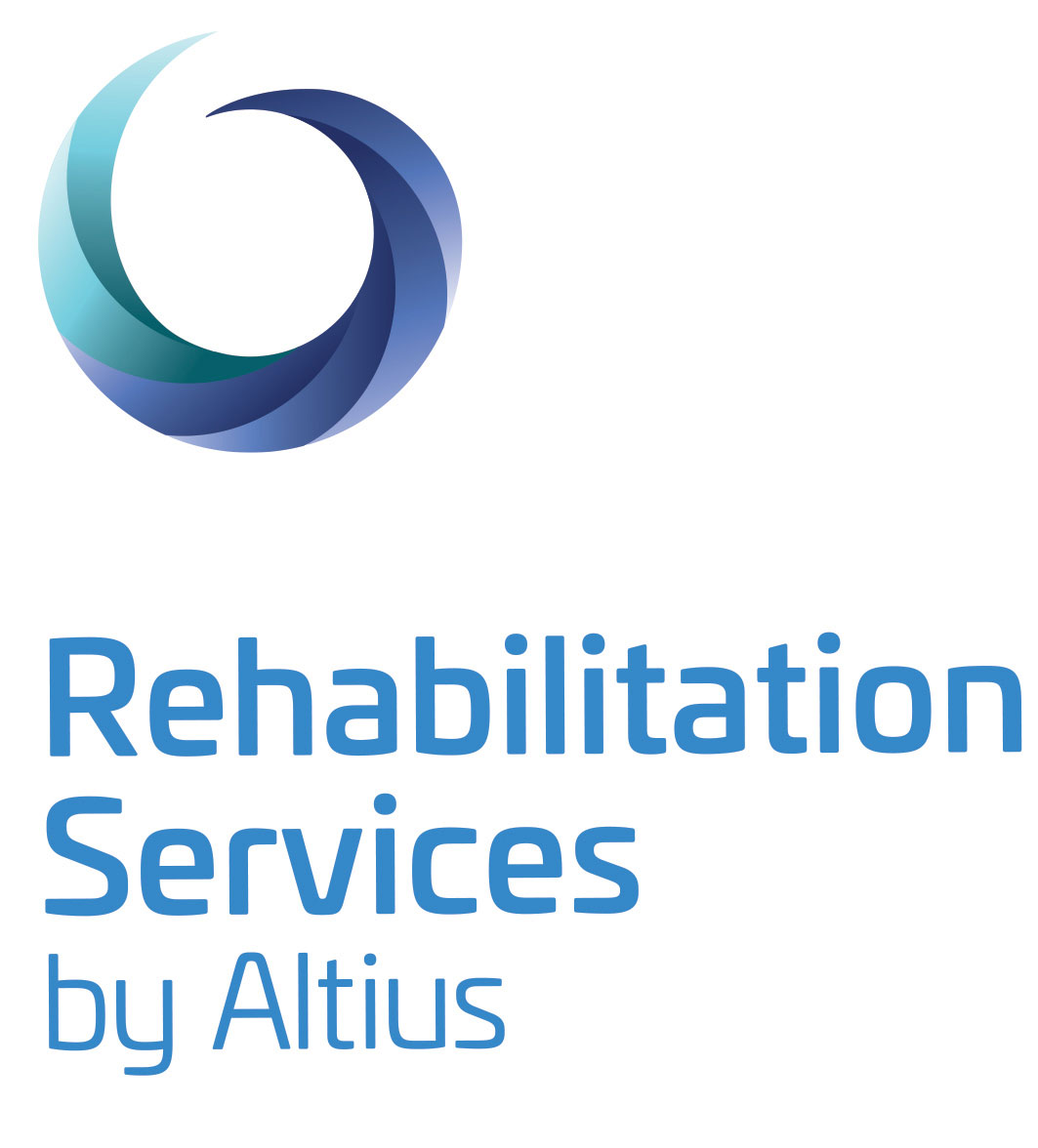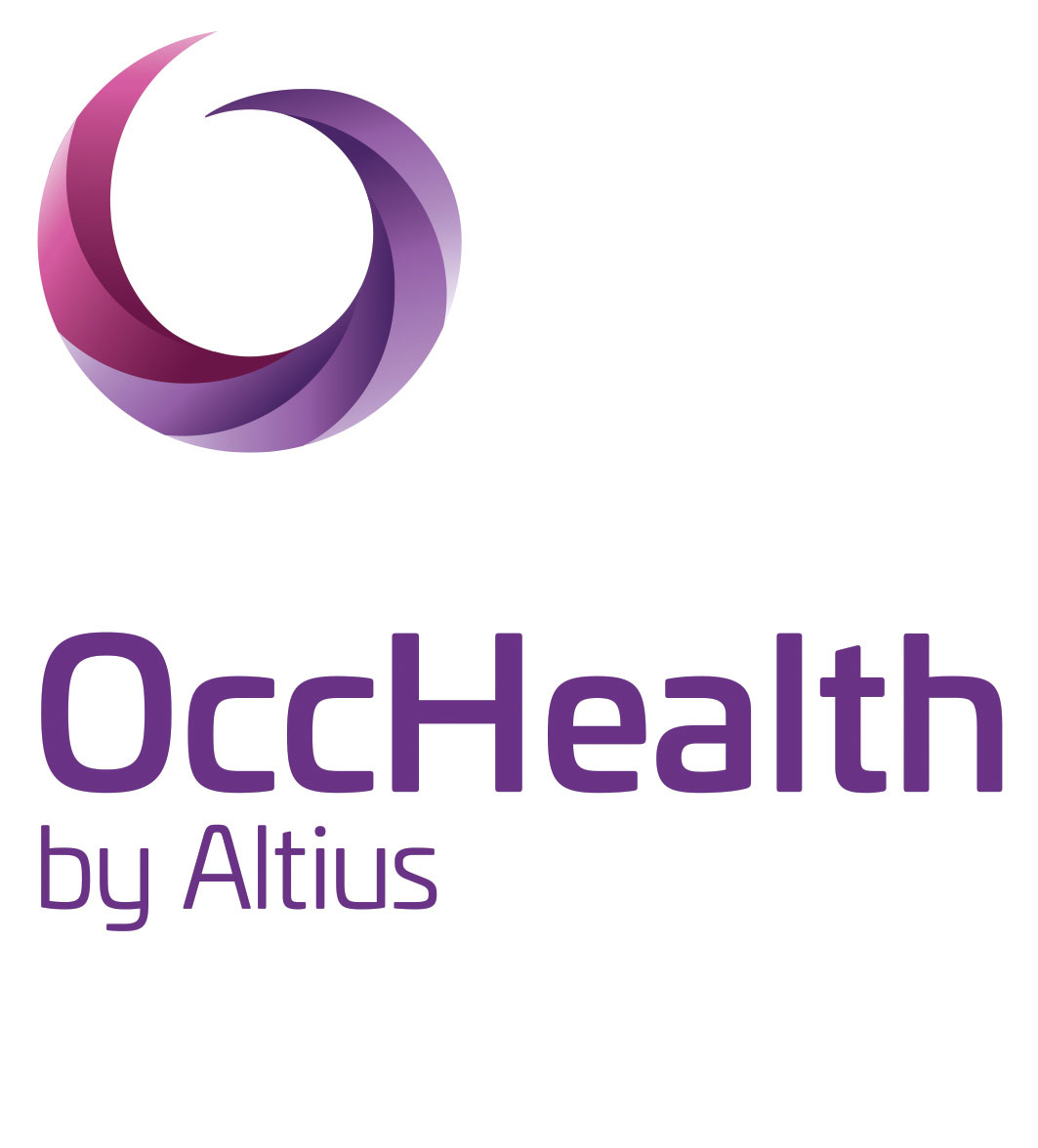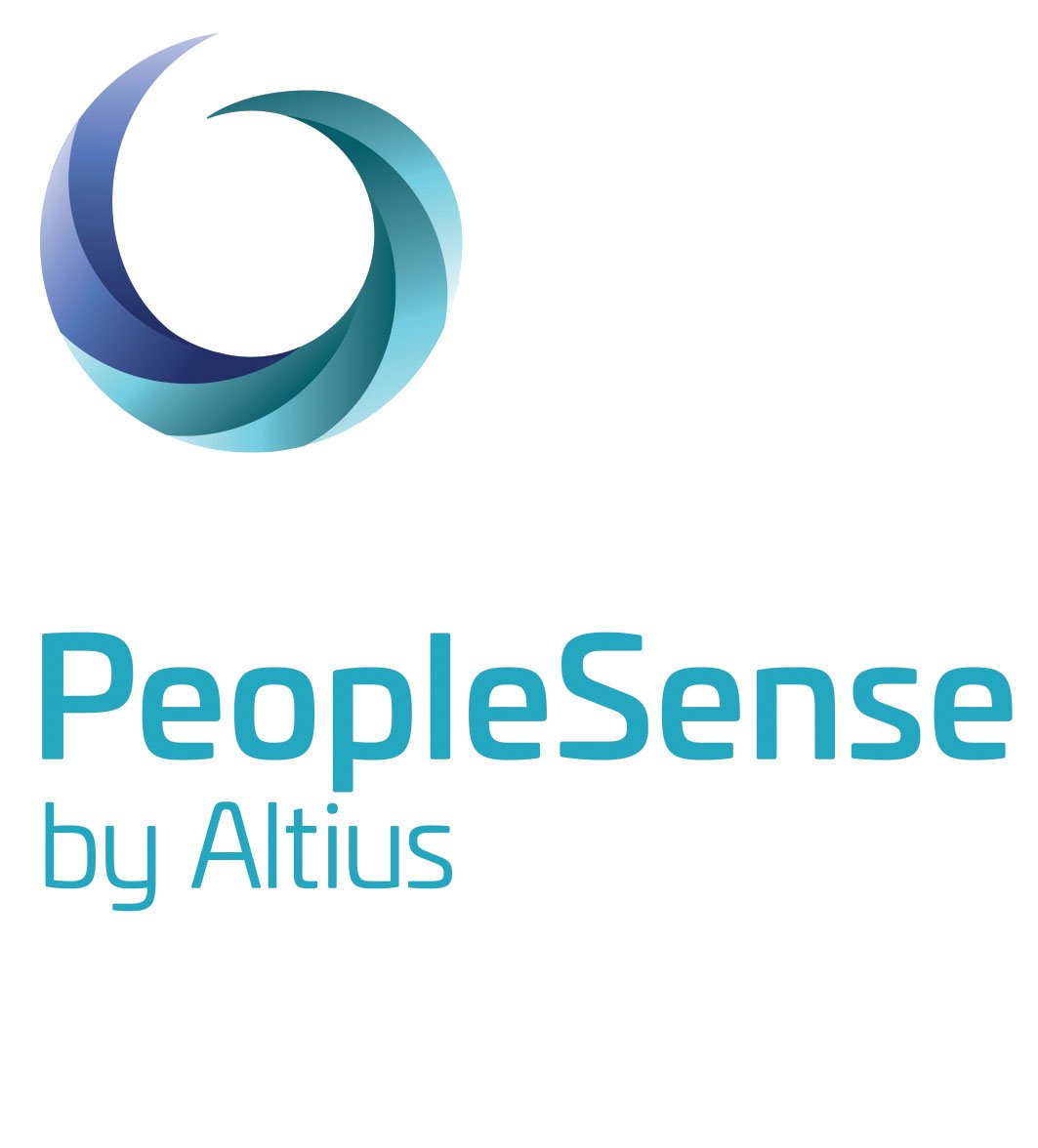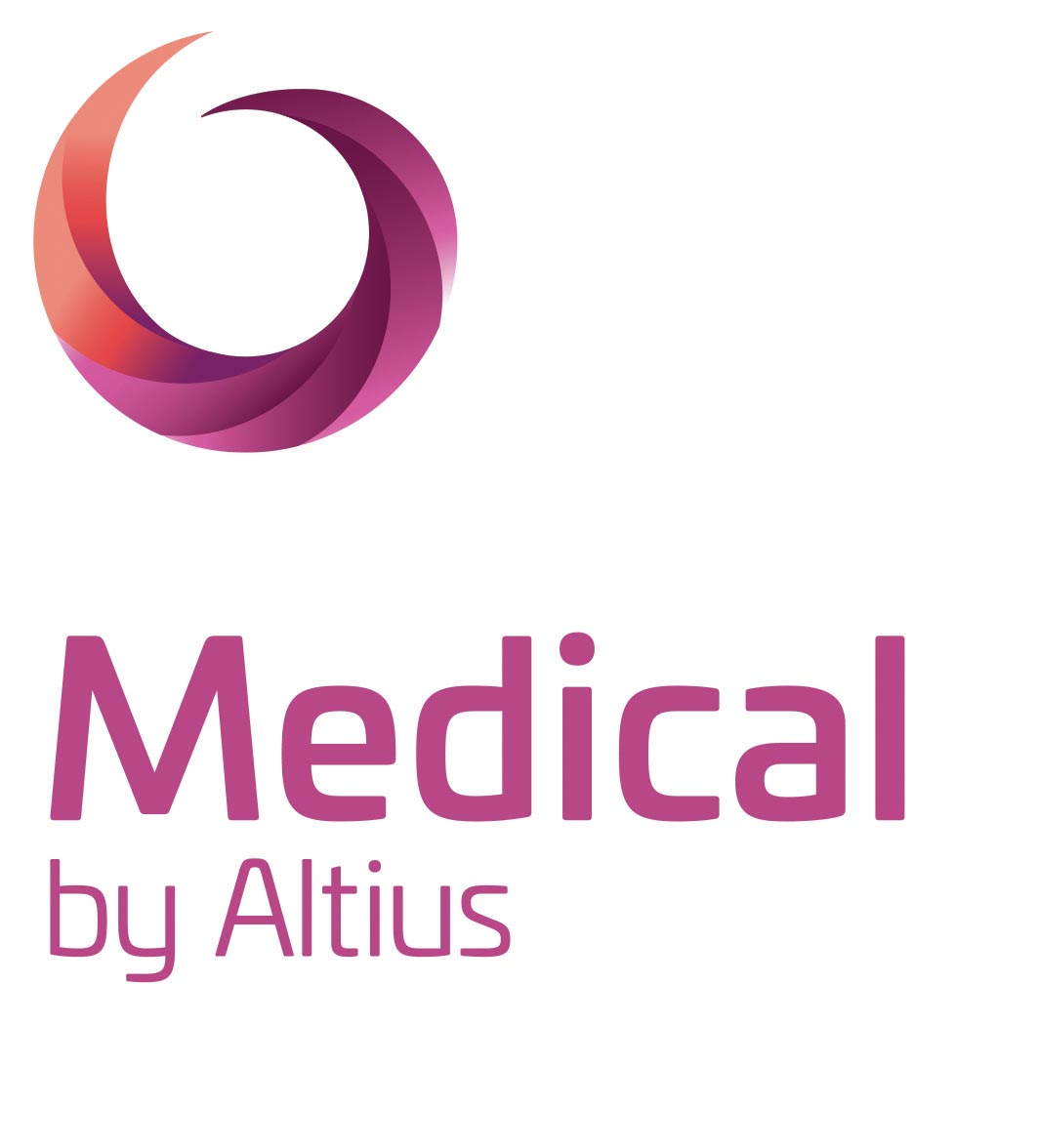Critical Incident Response
This is the phone number for a critical incident response only and goes direct to PeopleSense by Altius.
For Altius Group general enquires, please contact us or call us at 1800 258 487 during business hours.
If you would like to proceed with this call, please click on the button below.
With years of specialist experience and industry knowledge, our professionals design holistic programs, tailored to individual needs to support positive return to work and recovery outcomes. We assess individuals, match their needs with the best cost-effective and timely strategies, then work with them throughout their program towards sustainable outcomes.
What is Functional Recovery?
Functional Recovery is the client’s ability to return to optimal function following an injury or illness.
Our Approach to Functional Recovery
Our approach to Functional Recovery is in line with the Clinical Framework for the Delivery of Health Services. The Clinical Framework is based on the following principles:
- Measurement and demonstration of the effectiveness of treatment
- Adoption of a biopsychosocial approach
- Empowering the client to manage their injury
- Implementing goals focused on optimising function, participation and/or return to work/health
- Base treatments on best available research evidence.
What to Expect
The Functional Recovery program generally lasts between 8-12 weeks. This length of time has shown to be beneficial in increasing your activity levels to at or near where you were before your injury. For the body to make a positive adaptation to the exercise, research and studies have shown that small amounts of exercise completed on a regular basis to be the most effective. As such, you will be requested to perform your prescribed treatment program a minimum 3 days per week in addition to some light stretches at home/work on a daily basis.
The Functional Recovery Program can be conducted both face to face, or via telehealth. Dependent on the individuals needs, the location of the face-to-face sessions can vary from their home to a local gym, or nearby park. Sessions are usually up to 60 minutes in duration. Exercises performed are essentially activities which individuals engage in on a daily basis such as pushing and pulling, lifting and carry, squatting, stair climbing etc. All exercises are graded according to an individuals ability and modification will be made for any limitations.
Outcomes
When injured, it is absolutely true that an individual may need to rest from certain activities or decrease the intensity or frequency of others. But you don’t (and shouldn’t) cut exercise or activity out entirely. Individuals need to continue to move and exercise so they can restore and strengthen tissues and prevent any future injuries from happening, while at the same time keeping one on target to achieve their goals.
Just remember, whether an injury is caused by things such as a motor vehicle accident, lifting, bending, twisting, falling or overuse, exercising will help speed up the recovery time. When performed properly, exercising as soon as possible as recommended by health professionals will help strengthen what’s weak, and get you back to where you want to be. All exercises performed are tailored to the individuals needs and based on the latest best practice research
Case study
https://altius-group.com.au/news-and-research/case-study/musculoskeletal-rehabilitation-case-study/
Why Choose Our Functional Recovery Program?
The approaches learnt through the program can be applied to everyday tasks in the future. Our programs not only address an individual’s physical and psychological condition, but include exploring social issues impacting recovery, such as family barriers.
Functional recovery extends beyond exercise programs. Our program also helps:
- Identify gaps in an individual’s recovery process and fill these by educating them on factors that contribute to improved outcomes such as an understanding of injury, deconditioning and pain.
- Highlight the psychological and physical benefits of returning to work and the importance of upgrading work capacity.
- Cover pacing along with correct postures and manual handling techniques.
- Promote the benefits of a tailored exercise program as opposed to non-specific home exercise.
- Focus on targeted exercises to increase work related function.
- Include exposure to normal activities as well as self-directed home exercises.
- Include a strong biopsychosocial approach addressing pain focus, coping and empowerment strategies and minimising fear avoidance.
- Educate individuals on the importance of heat/ICE in recovery.
We have extensive experience supporting those injured CTP and Life Insurance Clients through our Functional Recovery Program. Our experience and industry insight enables us to offer a holistic approach focusing on upgrading functional capacity, return to work, health and well-being and promoting independence.
Our team works collaboratively with allied health and medical professionals assigned to each client, including attendance to medical case reviews. To get started with a functional recovery program get in contact online or call our team on 1800 258 487.
FAQs
These are some of the common questions that get put to our team about the functional recovery program:
What Do Functional Recovery Professionals Do?
Our Functional Recovery Specialists are accredited Exercise Physiologists. The definition of an Exercise Physiologist as provided by the governing body ESSA (Exercise and Sports Science Australia) is:
“An Accredited Exercise Physiologist (AEP) is a University qualified allied health professional, who specialises in clinical exercise interventions for persons at high-risk of developing, or with existing chronic and complex medical conditions and injuries. These interventions are provided by exercise delivery including health and physical activity education, advice and support and lifestyle modification with a strong focus on achieving behavioural change. AEP’s are the most qualified health professional to prescribe exercise for people with chronic disease.”
In short, our Functional Recovery professionals implement goals focussing on optimising function, participation and return to work and life. They adopt a biopsychosocial approach to promote behaviour v]change and empower individuals to mange their injury.
What is the Link Between Functional Recovery and Mental Health?
It is well known that the body and mind are not two separate things, but rather work together as a system and influence each other to impact one’s well-being. So therefore, it’s important that we have this same holistic approach when it comes to treating our clients to achieve the best outcomes.
It only takes a quick google search to reveal extensive research on the benefits of functional recovery, and how exercise is being used as a front-line strategy in improving people’s mental health.
Leading researchers Black Dog Institute found that 16 weeks of regular exercise had the same effect of taking anti-depressants in treating mild-moderate depression.
Exercise naturally releases chemicals in brain like serotonin and endorphins. Serotonin regulates our mood, appetite and sleep, whilst endorphins as we all know are the body’s happy hormones, making us feel happy and relaxed. When many struggle with feeling tired, stress, anxious and lethargic because of their mental health condition, exercise can be a key factor in helping them manage their symptoms.
At the end of the day, all treatment has the focus of enabling individuals to do more right? Whether it be walking, completing domestic chores and most importantly being able to work, Functional Recovery is enabling our clients to do more of what they did prior to the accident or injury and getting them back to that state and more if possible.
What Can the Functional Recovery Program Address?
Our allied health professionals have expert knowledge in the treatment of conditions such as common motor accident injuries, whiplash, spinal cord and brain injuries, cancer, mental health conditions, chronic fatigue syndrome and fibromyalgia.











 Contact Us
Contact Us 1800 258 487
1800 258 487